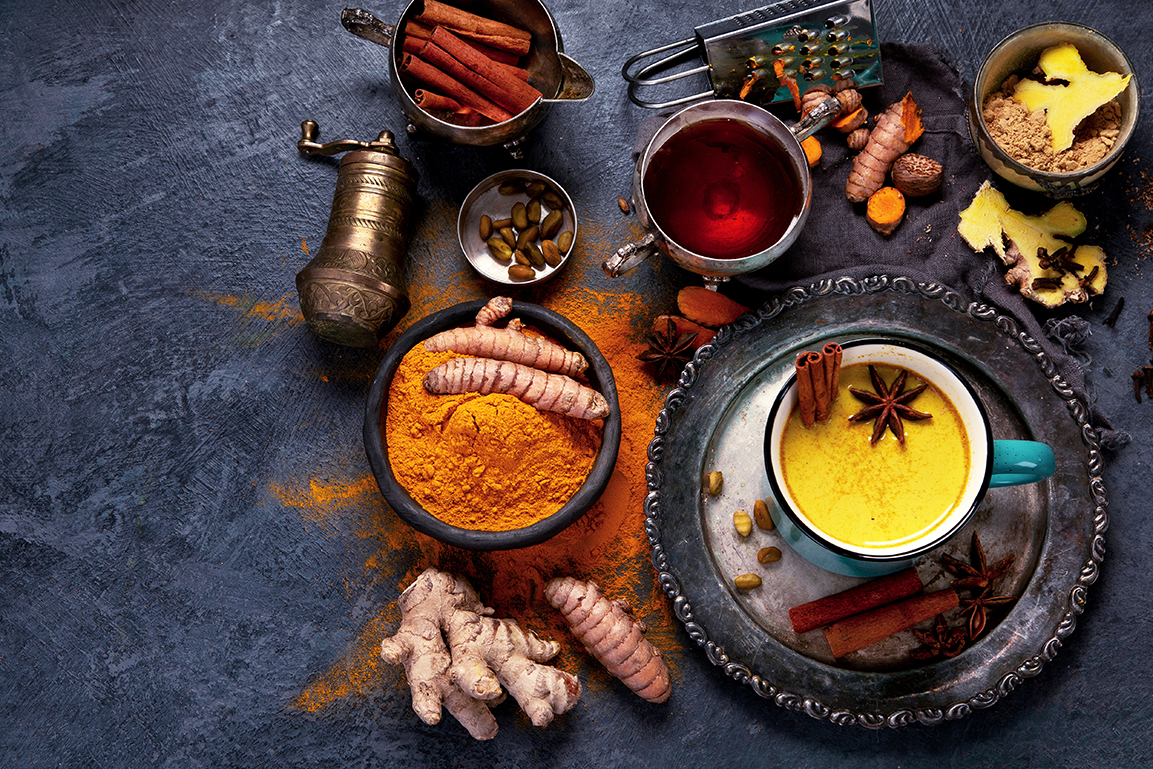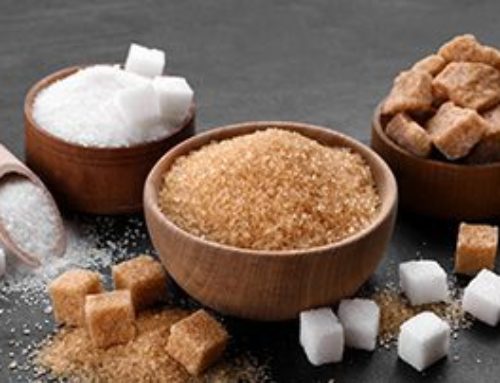
From, Ramanjot Kaur:
Ayurveda is based on the concept of five fundamental elements: sky, air, fire, water, and earth. These five elements are further condensed into three basic metabolic forces in the human body called doshas – vata, pitta and kapha. These forces or doshas are the basis of Ayurvedic diagnosis and therapeutics.
The winter season is dominated by dosha kapha which is made up of earth and water elements so kapha is heavy, wet and cold. This is the reason people feel sluggish, slow and may get mucus diseases in winter. Ayurveda recommends to warm up, be active, dry out the respiratory tracts and strength the immunity in this season.
The changes for the better adaptation to the season can be incorporated in both food and lifestyle. Food choices should be warm, dry, light and easy to digest. Cold, oily and heavy foods should be avoided because excess kapha (cold weather + cold food) causes cold, slow, wet and heavy conditions such as chest congestion or increased tendency towards obesity. It is beneficial to eat warm foods and to use mild warming spices such as cinnamon, cloves and garlic. Warm winter teas such as ginger root, cinnamon, cardamom, clove and black pepper can also be taken.
Tastes to balance kapha include pungent, bitter and astringent. Foods with pungent taste like ginger, radish can be eaten to keep warm. Bitter taste like leafy greens and astringent taste like apple or pomegranate is great to maintain body’s detoxification during this sedentary season. The strategy with food intake according to kapha dosha would be to eat less total food, low fat, low calorie, less frequency, largest meal midday. Cooked beans with warming spices is an excellent dish to use in winters.
Massage with warm, moistening oils such as sesame, olive or mustard oils is also recommended in winter because these oils help to reduce kapha. As kapha is cold and slow so people should be warm and active in winter to balance this dosha.





